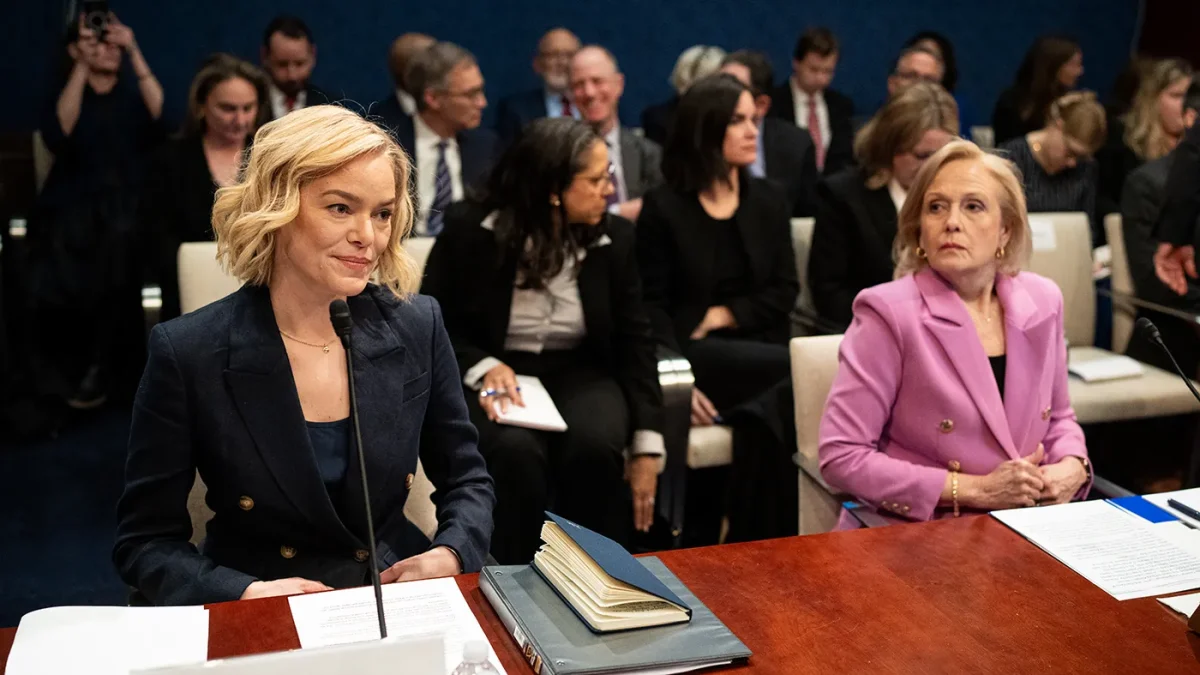Texas Senate Bill 17 (SB-17) has been causing a stir lately, shaking up how individuals in special groups get recognition at the high education institutions level – both as students and as employees.
Recently, the law was put into place on January 1, 2024, with lawmakers saying that the bill was to make sure no student had an “unfair advantage” at a state-funded high education institution.
However, this means, as stated in an NPR interview, that no higher education institutions in Texas can fund specific events or graduation ceremonies that are geared toward specific groups that still feel marginalized. Events such as LGBTQ+ or special graduation ceremonies that celebrate the accomplishments of Black, Latino, and Asian students would stop as long as they were high education institutions/university funded. Private ceremonies can continue however to honor these groups. If higher education intuitions are found to be funding such events or have funded organizations that support them, they will be fined, or state funding for the whole university could be pulled. Continuing from the NPR interview, Bill Zeebler from NPR said, “Data shows Black and Hispanic students who are among the most likely to use DEI programs are already at a 10- to 20% or higher risk of not finishing higher education institutions compared to white students.”
“When colleges see students’ transcripts, they aren’t just pieces of paper, they are living human beings who have different ideas, which, in my opinion, should be able to have these programs,” Ms. McGlynn, a counselor at Sachse High School, said. “This will rob many of our students of access to these different paths.”
Many high school and higher education institution students are worried they won’t be represented because they are minorities and won’t have mental or financial help as they research higher education institutions and university options, and fear they may not have these needed resources while pursuing their degrees. Recently, some higher education intuitions have removed these scholarships that are geared toward certain populations, beginning with the removal of a scholarship for the undocumented at the University of Texas at Austin.
The heart of this conflict, and what prompted this Senate bill to be proposed, is a long-standing Affirmative Action nationwide Executive Order signed by John F. Kennedy in 1961 and added to by Lyndon B. Johnson’s own Executive Order in 1965. The DEI, or Diversity, Equity, and Inclusion, was formed over the years with the help of those orders. The roots of DEI started in the 1960s when civil rights movements and attention was much more focused on the inclusion of everyone in all aspects of life – school, workplace, and neighborhoods. Historically, this has provided people of diverse backgrounds with more opportunities to be hired, have access to the same training, and monetary benefits.
DEI focuses on making sure everyone, no matter who they are, feels welcome and supported. Meaning more equitable opportunities for everyone, regardless of gender, race, or religion. It’s like making sure there’s a place for everyone at the table, regardless of their background or abilities, and a space for those with similar backgrounds or identities to gather and collectively grow and influence others outside their groups. Yet in our current day, SB-17 is making changes within the state, especially when it comes to higher education and access to diverse spaces and inclusionary organizations, which proportionally affects those whom DEI originally covered because they didn’t have the support.
“I think those diversity programs were so important for leveling the playing field for our students,” McGlynn said. “Equal doesn’t always mean fair. Treating every student the same doesn’t mean you can just ignore history and people.”
According to Notre Dame University, DEI was to help employ people of different backgrounds, especially regarding racial justice and equity. They took movements like #MeToo, #BlackLivesMatter, and #StopAAPIHate more seriously than just any other professional company and program.
In the wake of all those movements, more offices on higher education institutions and university campuses, along with jobs that centered on inclusiveness, began to grow.
According to the article “DEI in the workplace: Why it’s important for company culture,” published in March 2023, DEI not only helps keep access to benefits, resources, and advancements equitable, but it also boosts creativity and cultural understanding. As a society, we are made up of unique backgrounds and experiences; that diversity needs to be protected and promoted when hiring employees, and in the higher education realm, it needs to be represented for incoming students to have their voices heard and feel represented before diving into the larger workforce.
“One of the reasons why our students head off to college is because it’s liberating in a way that helps them soak up knowledge, get to know more people, and see how others believe the world works,” McGlynn said. “Not only does it affect students with backgrounds of diversity, but it also affects white, wealthy students who are less open-minded, which is very unfortunate.”
Current university students at state-funded schools say they don’t feel as if higher education institutions are a place for students to be seen, heard, or cared for by the school anymore due to SB-17. The bill has disrupted not only current funding and future funding for already university-funded clubs that are geared to individual groups who wish to promote the continual inclusion and education of their culture, race, or gender identity but has affected some of the faculty as well, forcing employees to be dismissed or moved to different departments.
Now, this bill doesn’t necessarily mean that all programs associated with DEI are to be disposed of; it just means that teachers, higher education institutions can’t be a part of the program and use funds from the schools themselves. It would mean that students on campus would have to use their time and money to fund the program personally.
Thinking of it in more local ways, here at Sachse, and most public high schools, there are sanctioned, recognized clubs and organizations that use the schools’ property and facilities, based on students partitioning for a sponsor – a teacher or coach – that is willing to offer their time to represent them. However, students can also make their clubs at schools; they just cannot use the public property or facilities because they are not a recognized organization.
One article that was written suggested that these clubs could seek outside support and financial aid to continue operating at their higher education intuitions. Of course, many other articles focusing on this aspect cite this as a feasible workaround; however, they also point out that students are in higher education institutions, and this can lead to a lack of financial means for their personal needs and could sacrifice their own time that could be used to study.
In the article “Texas Colleges Prepare for the End of DEI,” published by Johanna Alonso, she interviewed the President of Texas Tech, Lawrence Schovanec. His perspective on the students being the ones to lead these clubs and organizations is a positive one.
“The law allows for student organizations to have greater latitude into how they support certain initiatives and the programs that are important to them,” Schovanec said.
This has already been done on other higher education institutions campuses, where Texas A&M University. A student organization has already taken over preparations for more specialty ceremonies that are held separately from the university-issued graduation. For instance, the LBGTQ+ students are responsible for organizing the Lavender Graduation, since it is not a graduation for the entirety of the student body.
SB-17 only affects higher education institutions for right now. Many students are outraged because this new law takes away their safe places within their working professions and takes away many opportunities that past years others have had.
“I don’t like it. I think that people should be able to freely express themselves and their beliefs,” Sophia Wylie, a current high school student, said. “This helps young adults (college students) learn how to freely express themselves and to be proud of who they are and their background. Yes, I do believe if it happens in college, high schools will start to pick up on it and be influenced by this act.”
With Texas SB-17 and a growing focus on DEI, the future of education is looking a lot dimmer and less inclusive – and this ends up trickling into jobs and inclusive conversations that make our society work and make everyone learn from one another. So by constantly looking back at the news, we can learn that it affects everyone – not just 23 students or less, but everyone. This is a big step backward in Texas – and the states that have already passed similar bills – which will influence other states to do this sooner or later.
States being influenced and that have taken action to pass this bill are:
Florida, Texas, Utah, and Tennessee.
Currently, the following states are looking to pass similar bills: Montana, Wyoming, Idaho, Arizona, North Dakota, Nebraska, Missouri, Oklahoma, Arkansas, Mississippi, Indiana, Michigan, South Carolina, Georgia, Virginia, West Virginia, Pennsylvania, New Jersey, Massachusetts, New Hampshire, and Maine.


